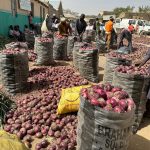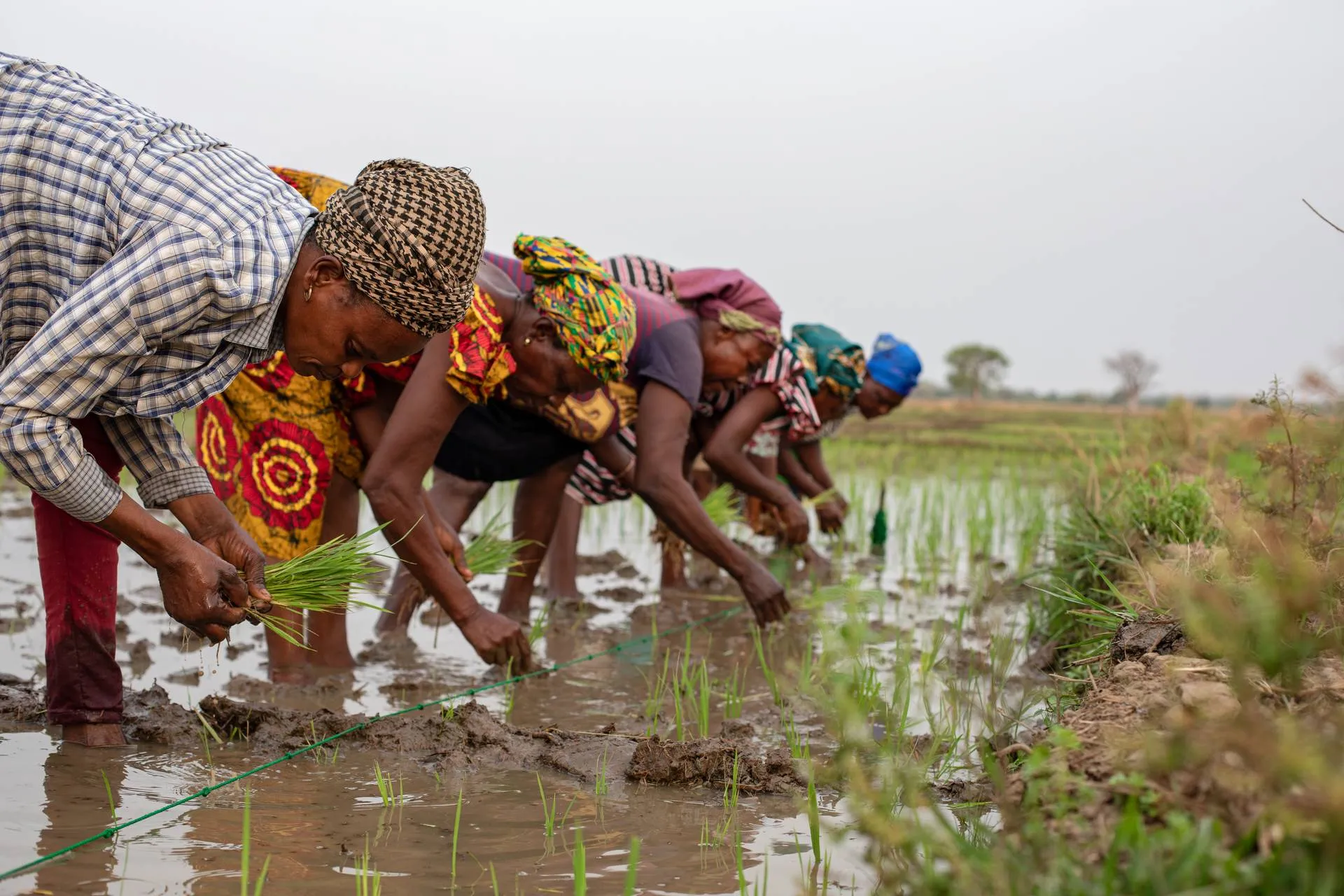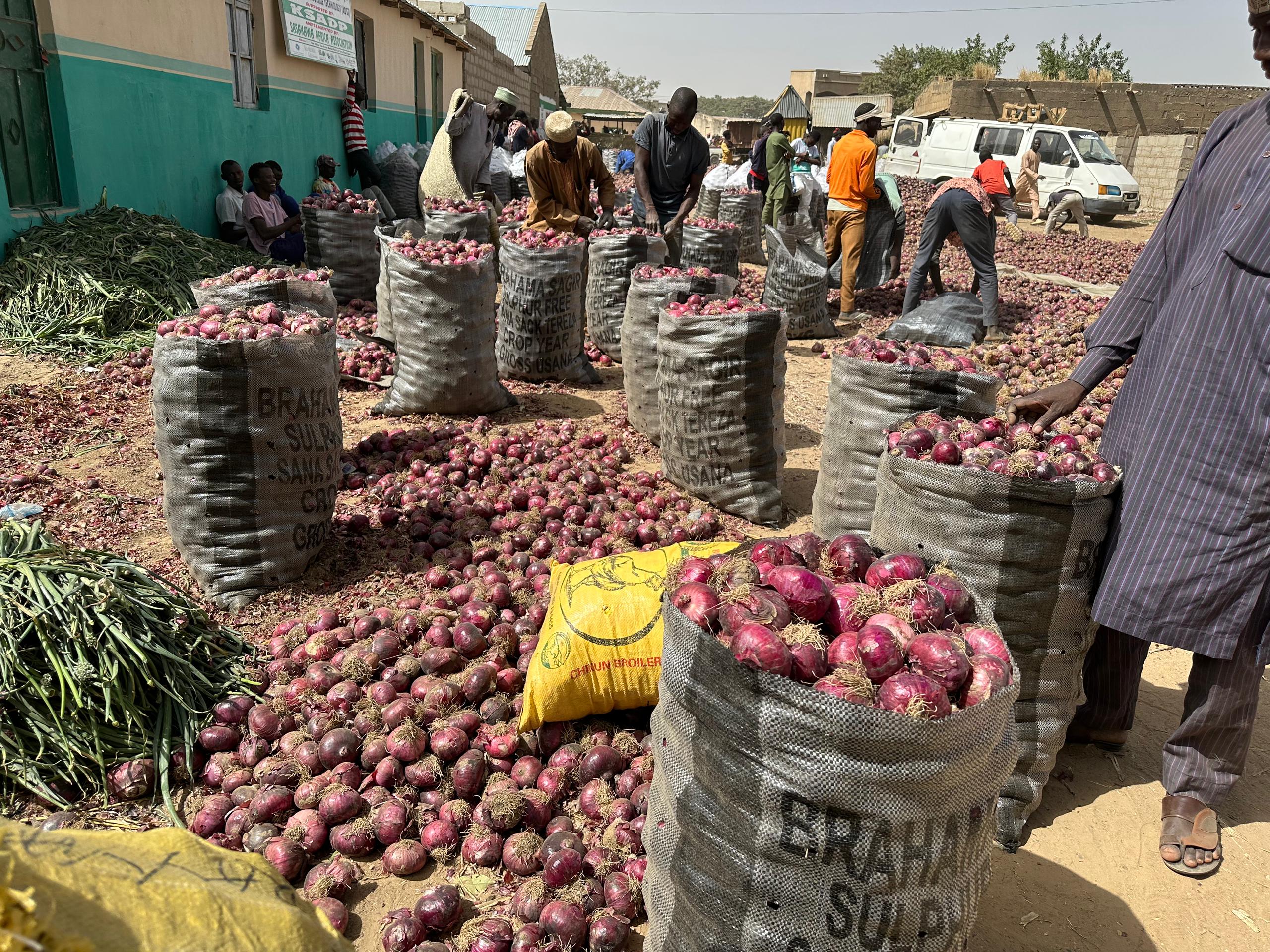Their number is over 70 percent of the farmers in the state but farmers in Cross River state in the South South geopolitical zone of Nigeria, yet they are hardly reckoned with. To start with, for them to get farmland for the cultivation of farms they have to depend on the men. The same men who account for about 30 percent of farmer population. The women have, therefore, called on the authorities to assess the situation and take steps towards addressing the anomalies.
Towards this end, the women have called for policy reforms to address the impact of climate change on their livelihoods. For instance, they complain that they are faced with challenges like exclusion from land ownership, policymaking, and disaster response plans. Yet, they said they have been at the receiving end of flooding, which has destroyed farmlands. That is why the women are demanding action from the state government.
The Women Initiative for Self-Actualisation and Green Concern for Development, , WISA, under the umbrella that they are appealing to the state government has urged the government to amend land policies, provide accessible grants and seedlings, and include women in decision-making process.
Mfon Akpan of WISA said, “With more funding, we’d expand beyond these pilot communities. We urge the government to adopt our policy brief and act now.” Bassey Edem, Environment Lead at GREENCODE, emphasised alternatives to harmful practices, saying , “Bush burning and chemical fertilisers worsen climate change. We’re training women on organic farming and mulching to boost yields sustainably.”












